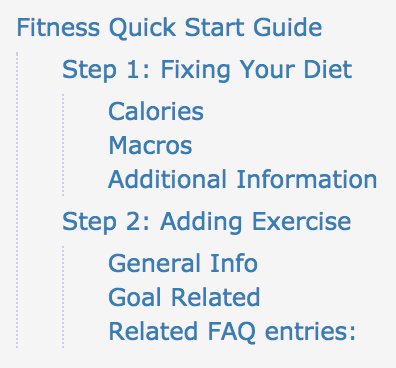Eliphaz’s begins his first speech fairly tactfully.
He ‘ventures’ to have a word with Job (4.2),
and is careful to make mention of Job’s godliness and integrity (4.3–6).
But the subtext of Eliphaz’s statements and questions soon becomes clear.
The question is clearly a rhetorical one.
Innocent men are not brought to ruin. That is simply not how the world works.
Consequently, Job must be guilty of transgression.
and all will then be well (5.17–26).
Job does not mention anything about his sin (or otherwise) in his lament (3.3–26),
and Eliphaz does not ask him about it in chs. 4–5.
He simply assumes Job *must* be guilty and proceeds from there.
⟨A⟩. Innocent men are not brought to ruin;
⟨B⟩. Job has been brought to ruin;
Wrong presuppositions lead to wrong conclusions.
For all 4.2–6’s apparent politeness, its subtext is far less polite.
‘You have instructed many, and you have strengthened the weak hands’, Eliphaz says. ‘Yet now disaster has befallen *you*, and you are dismayed!’.
which is brought out clearly in 4.6 (cp. also 15.4, 22.4), since Eliphaz there calls into question the very qualities for which God praises Job at the outset of the book (4.6 ),
Note: In reality, *Eliphaz* is the one who lacks a fear of God, since he has ‘withheld kindness’ from his friend (6.14).
Consider, for a start, its central premise.
‘Those who sow trouble reap the same’, Eliphaz says.
(That ‘those who sow trouble’ reap disaster does not mean ‘those who reap disaster’ must have sown trouble; that is to say, P ⇒ Q is not equivalent to Q ⇒ P).
so why should Job be thought to have been afflicted as a result of *his* own sins?
‘Man is born to hardship (עמל)’, Eliphaz says.
In other words, man is destined to experience hardships in the present world (as is common knowledge: 14.1). It is part and parcel of life.
Conscious of these things, perhaps, Eliphaz punctuates his argument with an account of a vision (4.12–21) (cp. the preacher’s note, ‘Weak point; shout louder!’).
Late one night, Eliphaz says, a spirit glided past his face and materialised before his eyes (though he could not discern its exact form).
Eliphaz was hence filled with fear.
His bones began to shake, and his hair stood on end.
It is high octane stuff.
As listeners, we therefore prepare ourselves to hear a revelation of great profundity.
Yet the spirit’s ‘revelation’ turns out to be entirely unremarkable.
…the answer to which is fairly obvious (‘He can’t!’), as Job and Bildad have already worked out without the help of a mysterious spirit (cp. 9.2, 14.4, 25.4).
True, mortal man *is* impure in the eyes of his Maker.
But the specific disasters which have befallen Job cannot be explained by recourse to the general fallenness of mankind.
What, therefore, will Eliphaz do?
Will he allow certain exceptions to his claims? Or will he double down?
We’ll find out soon enough (in chs. 15 and 22).
which range from the sublime to the ridiculous (5.8–27).
‘If I were you’, he says to Job, ‘I would seek God and commit my cause to him…’ (5.8), as if the idea has not occurred to Job.
which seems an odd thing to say to a recently bereaved man seated on an ash-heap.
‘In famine, God redeems from death, and, in war, (God redeems) from the power of the sword.’
When famines afflicts a land in Eliphaz’s world, are the righteous miraculously left with food?
And when an army sweeps through a region, are the righteousness miraculously spared? (Job’s sons certainly weren’t.)
But first a brief reflection to close.
That is not (or at least it may not be) because Eliphaz has no *desire* to comfort Job;
it is because Eliphaz’s theology provides him with no *means* to do so.
And all Eliphaz can reasonably, therefore, do is call Job to repentance (5.8–27),
which Job does not appreciate a great deal.
Disaster has struck. Heavenly assistance is out of the question (5.1). And it is all down to Job now.
The Gospel tells Job his affliction is not a manifestation of God’s displeasure.
It tells him God does not afflict his children ‘voluntarily’ or do so without a good reason (Lam. 3.33).
THE END.








